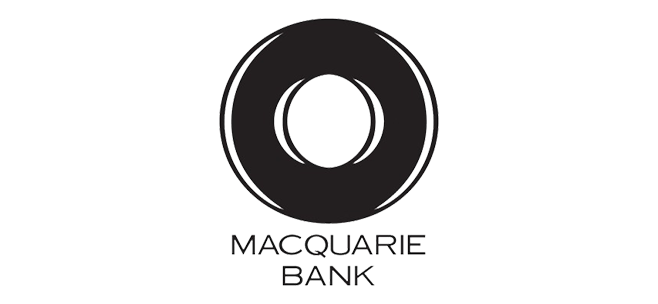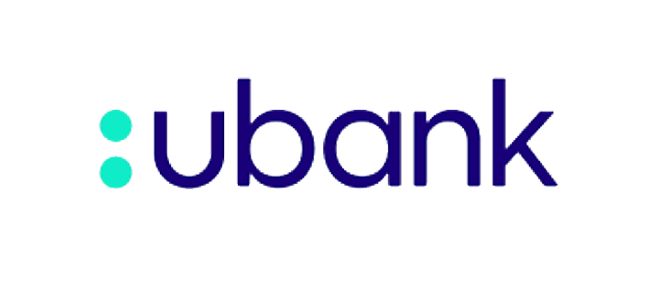In particular we focus on getting the loan structure right the first time, choosing which lenders to use in the right order (yes this is important) and finally getting our clients the best deal possible.
How much is mortgage insurance?
Lenders Mortgage Insurance (LMI) can be many thousands of dollars and can vary significantly between lenders and insurers.
"How much is mortgage insurance" is probably one of the most important questions a prospective borrower should ask of their potential lenders because often the difference in interest rates and fees between lenders can be small but the difference in LMI can be significant.
Make sure you get a few quotes before deciding on your loan provider! That's where we can help. Contact us today for an accurate quote.
For an estimate of your LMI premium you can use the tables at the bottom of this page.

The risk variables that are used to calculate LMI
So back to the question of how much is mortgage insurance exactly? Lenders mortgage insurance, or LMI for short, is calculated based on two main risk variables.
- The loan amount. The higher the loan amount the higher the risk for the insurer.
- The loan to value ratio (LVR). The higher the loan to value ratio the higher the risk for the insurer.
There are other variables which come into the calculation also:
- In the past few years the main mortgage insurers have added an additional loading (about 20%) for loans secured by investment properties. Most but not all lenders have adopted these changes.
- One major insurer has also added a loading for self-employed borrowers. Most lenders who use this insurer have adopted these changes.
- Lo doc loans are considered riskier than fully documented loans and are generally limited to 80% LVR as opposed to 95% for full doc loans.
The mortgage insurers determine their "premiums" based on the perceived risk of a particular loan. The higher the perceived risk, the higher the premium charged. The premium is calculated using a percentage of the loan amount borrowed.
High LVR loans with a large loan amount such as a $665,000 loan to buy a $700,000 property would be considered much riskier than a $380,000 loan to buy a property for $400,000 even though both have the same LVR (95%), therefore the LMI premium would be much higher in the first example. Or consider that a loan amount of $380,000 to buy a property for $400,000 would be viewed as riskier than a slightly higher loan amount to buy a property worth say $450,000. Then there is the type of loan being insured, a lo doc style loan (limited or alternative income proof) is viewed as much riskier than a fully verified loan and therefore lenders mortgage insurance is generally required at lower LVR's and loans at higher LVR's at not available at all
When is Mortgage Insurance Payable?
Generally mortgage insurance will apply to all loans with an LVR of over 80% for full doc loans (normal loans) and over 60% for lo doc loans. Some lenders mortgage insure all their loans regardless of the LVR, but normally the lender would cover this cost themselves if the LVR is less than around 80% for a full doc loan and less than 60% for a low doc loan. There are some exceptions to these general guidelines but not many.
Do all lenders have the same premiums?
Definitely not! Sometimes the difference between lenders including the major bank can be around $5,000 and more in certain scenarios where you may qualify for waivers
I’ve heard some professions can get higher LVR without Mortgage insurance?
Yes, put simply medical sector professionals and other select professionals are viewed by some lenders as of lower risk of loan default than other borrowers. To compete for these select customers some banks will waive their LMI policies up to 90% LVR.
Included Medical Professionals are as follows:
* General Practitioners
* Medical Specialists such as psychiatrists
* Hospital employed doctors (interns, residents, registrar etc)
* Dentists
* Veterinary Practitioners
* Optometrists
* Pharmacist
Medical Practitioners are not the only people eligible for special LMI waiver policies when applying for a loan up to 90% LVR.
For those who work in:
* Accounting
* Legal
* mining, engineering or resources
Why doesn’t my bank have cheaper mortgage insurance when they are one of the major banks?
The four main reasons lenders can differ in the premiums they charge in a given scenario are:
- The way the premium is calculated.
- The loan amount band a loan falls into.
- The insurer that a lender uses.
- The lender / insurer applies a loading for certain borrowers i.e. self employed and or investors.
The majority of lenders calculate mortgage insurance premiums by capitalising the premium (adding it to the loan) rather than it having to be paid from a borrowers own funds at settlement. The capitalisation method can mean a significant saving in the premium amount, as the premium is calculated from a lower LVR and lower loan amount (ie not including the premium amount itself) and importantly whatever the premium is it is just added to the loan amount. While most lenders now capatalise the LMI premium most lenders will not cap the final LVR above 92%, 95% or 97% depending on their policies are loan purpose. There are still a couple of lenders who will do up to 98% or 98.5% inclusive of the LMI.
If you are borrowing between $500,000 and $800,000 and at a higher loan to value ratio the difference between insurers premiums can be around $12,000! So before you make your final lender choice it can seriously pay to ask "how much is mortgage insurance"?
The two main insurance companies in Australia are Genworth and QBE. Most of the smaller players use one or both of these. A few lenders also self insure their loans such as ANZ. The Westpac group which includes the brands Westpac, St.George, Bank SA, Bank of Melbourne and RAMS have their own insurer up to 90% LVR but use a new player in the market Archer Capital for all loans between 90% and 95%.
So how much is lenders mortgage insurance for your scenario?
Simple, contact us for quote. We will assess which lenders you qualify with then from there compare their lenders mortgage insurance rates as well as their interest rates, fees and service to allow you to make an informed decision as to which is the best lender for your unique situation.
YOU COULD POTENTIALLY SAVE THOUSANDS OF $$ ON LMI.
Contact us to find out how
Our Current Lender Panel










































